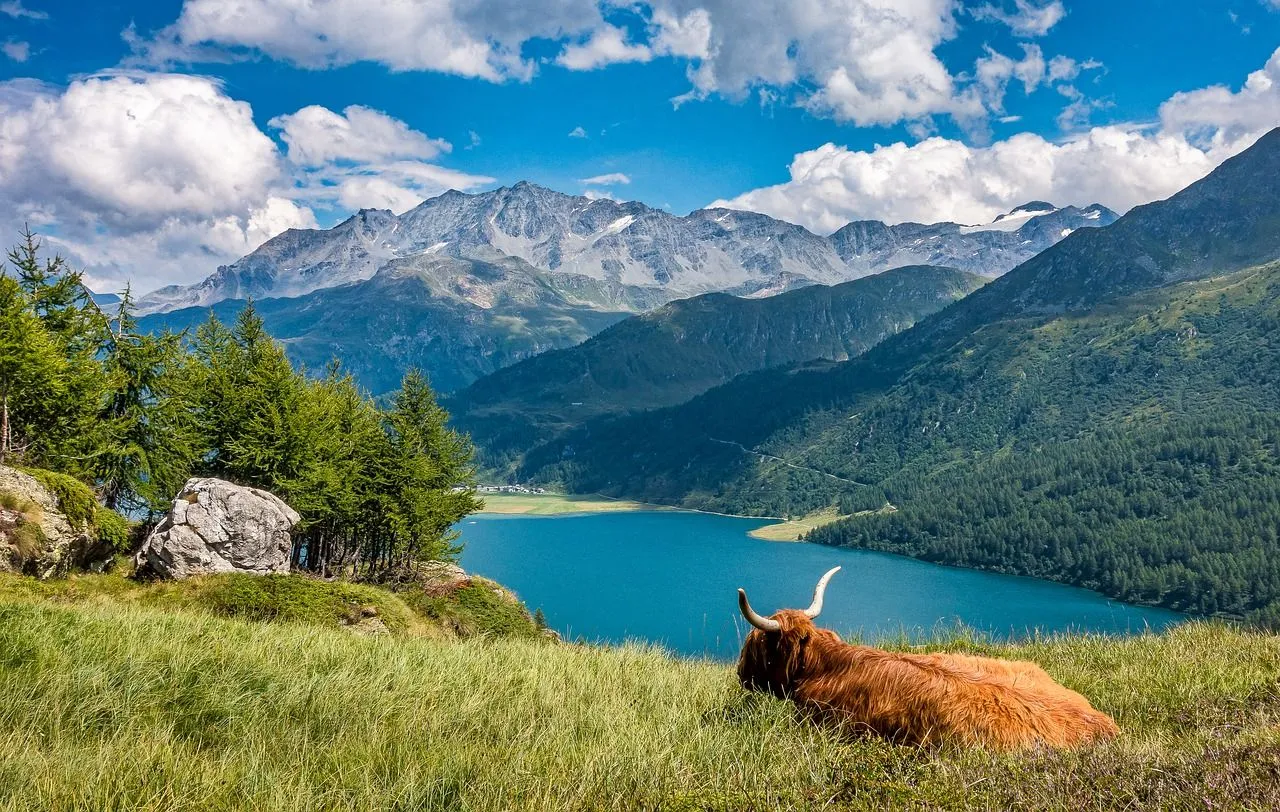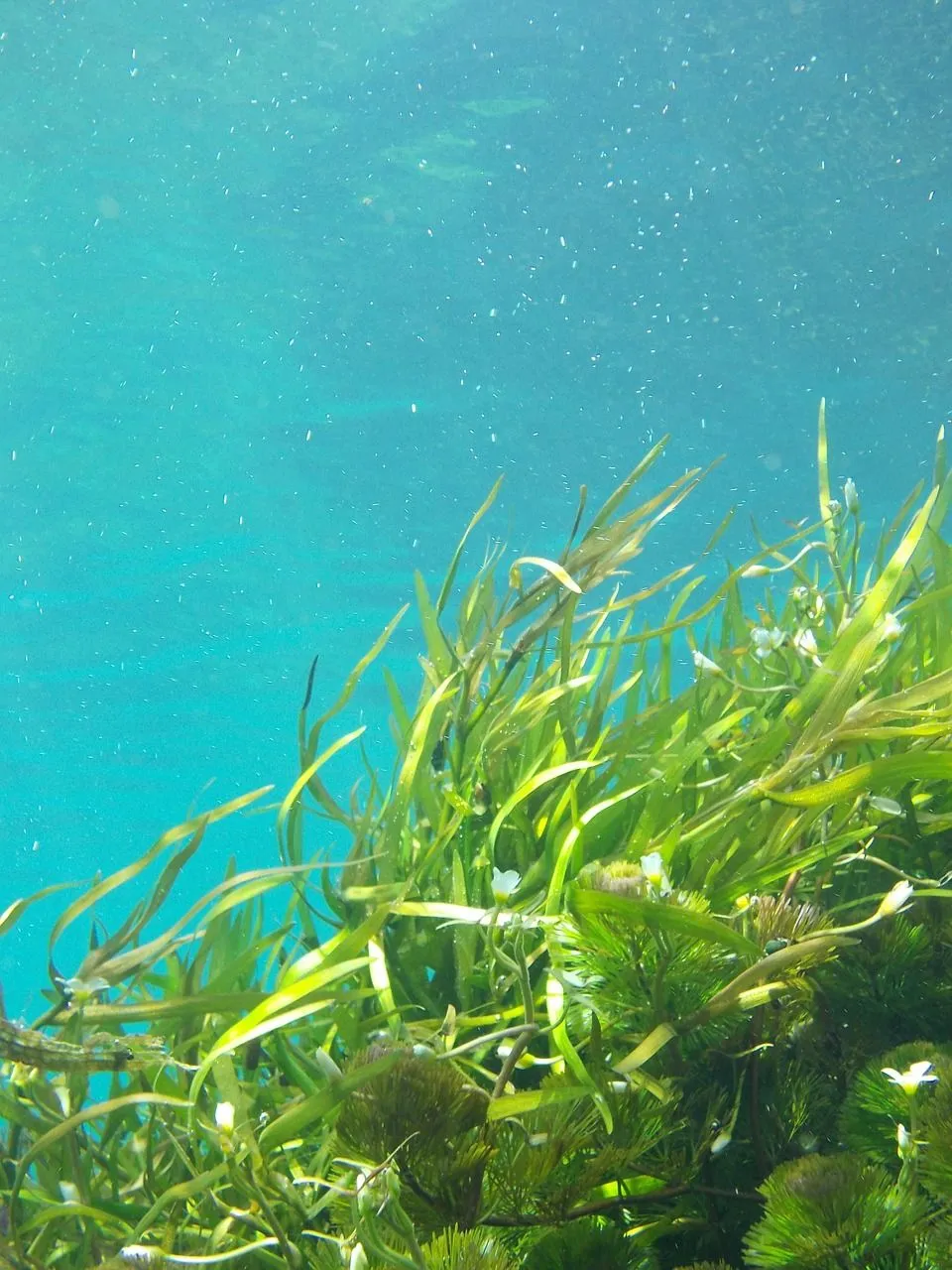Sea Plants Helping to Fight Climate Change
Over the last couple of weeks a number of really interesting stories on the use of Sea Grass, Sea Algae, and Sea Grains in the fight against climate change. As someone who grew up on a tropical island surrounded by the sea these stories have fascinated me because of the potential that they present to the sustainability of human existence on planet earth.
The first story that came to life for me on this subject was the use of a certain type of seaweed called Asparagopsis could reduce methane excretions in Cows by 50% to 90%. Scientists in Australia, Canada, and the US found that by adding this Red seaweed, an enzyme is produced that reduces methane production in cows. Furthermore, the seaweed diet increases the amount of milk that the cows produce. Source
 Cow on Lake Image Source Pixabay
Cow on Lake Image Source Pixabay
Another really interesting use of sea vegetables appears in another story about the use of sea grains in the human diet. Eel Grass (Zostera Marina) is a common plant across the earth's oceans. Recently, an award-winning chef, Angel Leon has worked with a group of scientists to test the grain that this grass produces to see if it is edible and if it could become a tasty rice substitute. The grain has great potential because since it grows so well in seawater it does not require large tracts of land to cultivate. Moreover, it requires no herbicides or pesticides to produce. Chef Leon's experiment was a success. Source
Interestingly, Chef Leon's finding is not new. The Eel Grass has been a staple food for the Seri a group of indigenous people living in Mexico. The use of Eel Grass as a source of grains in this culture dates back to documents of their encounter with the Spanish in the 17th century. Source
 Image Source Pixabay
Image Source Pixabay
The Eel Grass is also important because it reduces oceanic acidification. And can help to fight global climate change. It is very interesting that these sea plants are revealing themselves to us now when human activity has placed all life on earth at risk.
